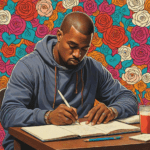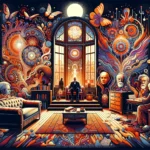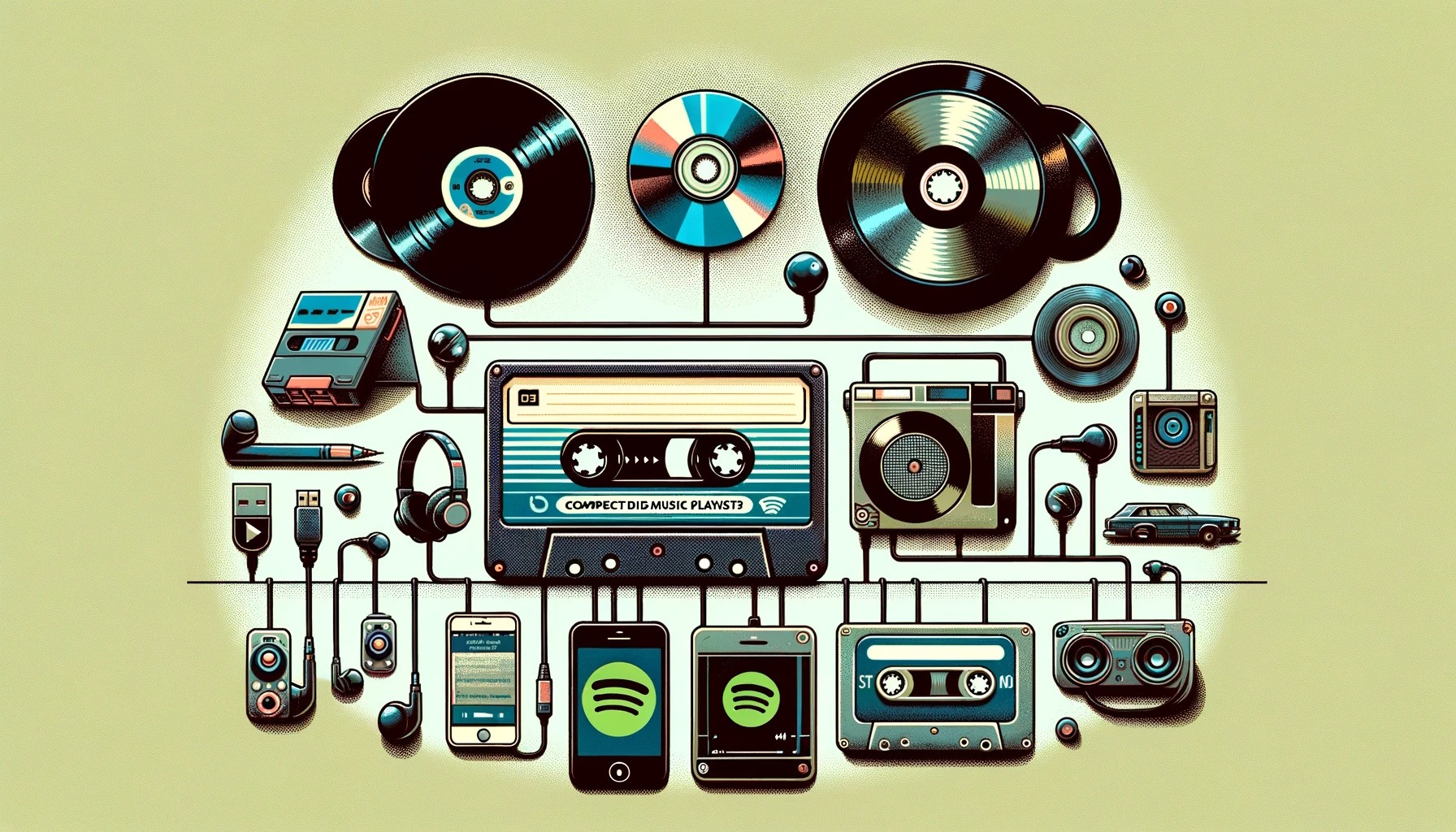From Cassette Tapes to Spotify Playlists: The Evolution of Sharing Music
Back in my day (cue the groans from my kids), sharing music was more than just a click of a button. It was an art, a labor of love, and at times, a high-stakes gamble. Picture this: it’s the 1980s, and the mixtape is king. Crafting the perfect mix was a rite of passage for any self-respecting music lover, a tangible symbol of our personalities, our moods, and our unspoken affections.
My first mixtape was a chaotic blend of Beastie Boys, David Bowie, and some misplaced Madonna tracks (it was for a girl, okay?). There was a rush in selecting each song, a thrill in guessing what tracks would resonate with the recipient. Would she appreciate the raw energy of “Sabotage”? Or was “Space Oddity” more her vibe? And of course, there was the agonizing decision of where to place “Like a Virgin” without seeming too forward.
The process of recording was a sacred ritual: Huddled over a dual cassette deck, fingers hovering over the pause button to avoid those dreaded commercial interruptions from the radio. The mechanical click of the cassette case. The painstakingly handwritten track list, each title carefully inscribed with the solemnity of a medieval monk copying manuscripts. A single mistake meant starting all over again, but the final product, adorned with doodles and in-jokes, was worth the effort.
Fast forward to today, and mixtapes have given way to Spotify playlists. At first glance, this digital evolution appears to have sucked all the romance out of sharing music. The tactile sensation of a cassette, the personal touch of a handwritten track list – these intimate elements are now relics of a bygone era.
And yet, the heart of the mixtape lives on in our Spotify playlists. The intent is the same – to express ourselves, to connect with others, to share the music that moves us. It’s just the tools that have changed. Now, with a virtually unlimited library of songs at our fingertips, we’re no longer confined by the length of a cassette tape. We can add, remove, and rearrange tracks on a whim, perfecting our musical message without the fear of wasting a perfectly good Maxell tape.
As I sit in front of my computer, dragging and dropping tracks into a playlist, there’s an echo of that old mixtape excitement. Will they love this obscure indie band as much as I do? Is it too early in the playlist to drop that heart-wrenching ballad? While the click of the mouse doesn’t have quite the same satisfaction as the clunk of a cassette deck, there’s still a thrill in sharing a piece of my soul through the universal language of music.
In the end, whether it’s a painstakingly crafted cassette or a carefully curated Spotify playlist, the act of sharing music remains a deeply personal expression of our inner selves. It’s a testament to our need to connect, to share our joys and sorrows, our hopes and dreams, through the magic of melody and lyrics. And whether they’re scribbled on the back of a cassette case or glowing on a digital screen, those songs are as much a part of our story as the moments they soundtrack.










